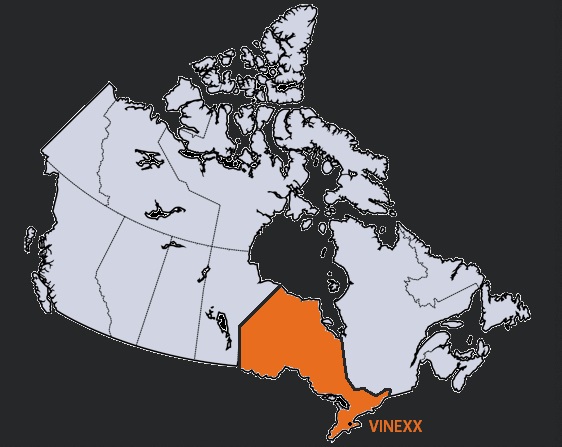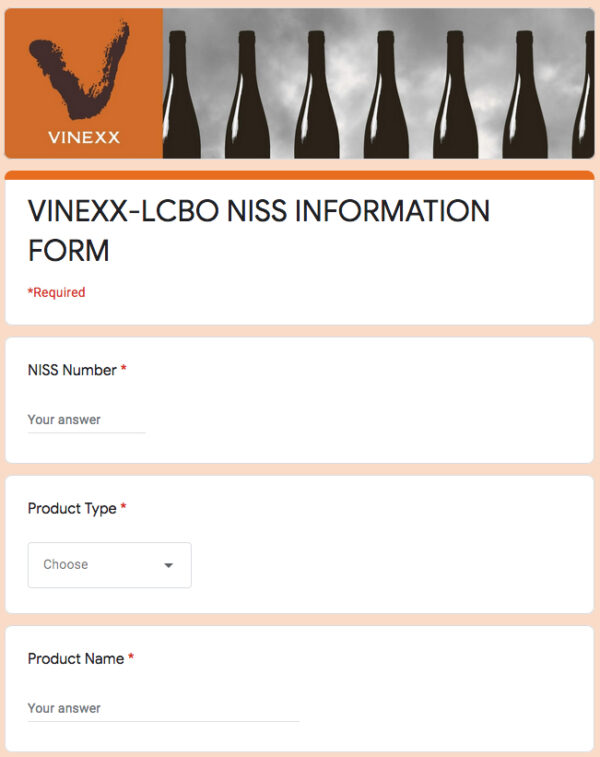OVERVIEW
The Canadian provincial Liquor Boards are independent monopolies, controlled by their respective provincial governments and each operates either as a full monopoly or a hybrid monopoly/private system. At present, Alberta is the only exception since it does not operate the retail end nor does it select the products for the market. However, distribution/warehousing and taxation remain under their provincial jurisdiction.
LISTING TYPES
Largely, listings are divided into two areas: The first is the higher volume/lower price “General Category” which requires strategic price pointing, and significant marketing expenditure. The second is the premium-focused “Specialty Category” which offers opportunities for more interesting, select products and rare wines and spirits. Though these purchases are usually more limited and generally spot-buys, they can often reach a supplier’s maximum market allocation. In addition to retail listings, the provincial Liquor Boards operate Private Stock programs – but these vary widely in modus operandi from province to province.
PRODUCT SELECTION
With the exception of Alberta, all retail-channel products are reviewed and accepted by the respective Liquor Board prior to being ordered. The competition for “Listings” or “tendering slots” is very high and it is essential to offer not only high quality/value products and interesting packaging but have strong local representation as well. All Liquor Boards (outside of Alberta) have adopted some sort of tendering process for new retail product selection. Some Liquor Boards may charge for participation in this process.
PRICING + MARK-UPS
For retail channels, each Liquor Board has reference or floor pricing standards, which set the minimum price points for each product category. Each Liquor Board uses a mathematical mark-up formula to calculate final retail prices from supplier quotes. Suppliers / agents are expected to be familiar with the mark-up systems in order to correctly calculate target retail prices. Quotes need to include agents’ commissions and supplier’s own margins. Mark-ups are added on top of freight and other costs such as taxation. All products are subject to excise tax, environmental taxes or levies, plus federal and provincial taxes.
PAYMENT
A range of payment options exists depending on the respective Liquor Board. Monopolies in the East hold the receivable and are the importer of record. Terms range from a minimum of 30 days to 150 days depending on the type of product and quantity purchased. In Western Canada, agents have the option of purchasing goods directly from suppliers. Most payment terms are typically 90 days to 120 days. Terms are generally applied from “Receipt of Goods” date depending upon the market. In some jurisdictions it is possible to supply product on a consignment basis, i.e., payment upon sell-out. This is, however voluntary, and should only be used if significant gains can be secured. Receivables held by a provincial monopoly do not need to be insured.
PACKAGING
All provinces adhere to Federal packaging standards that cover both label and carton specifications. Included are mandatory EAN/UPC and SCC codes. It is important to strictly adhere to their policies and terms. Failure to do so can result in significant charges being billed back to the supplier or even return of goods. The Canadian Federal government has recently added a requirement for allergen declarations on labels and Ontario now enforces a policy for light glass bottles on all products under C$15.00 at retail.
LOGISTICS
For Eastern Canada, in most cases Liquor Boards work with international freight forwarders and arrange delivery from point of production (ExCellar or ExWorks) or nearest port (FOB) . In Western Canada, agents have the option of purchasing the alcohol in bond, and then sell to their respective Liquor Boards.
DISTRIBUTION
Each jurisdiction’s distribution is controlled to some degree by the respective Liquor Board. It ranges from the most modest,Alberta, which controls only warehousing and local transport, up to a range of provinces where the entire distribution channel, including retail and on-trade supply is handled by the monopoly.
OPPORUNITIES
In today’s competitive environment monopolies can be an interesting, loyal and rewarding client if the supplier and its local representative offer the highest level of product and service.
—
Are You a Prospective Supplier?
Suppliers interested in contacting Vinexx may reach us by telephone at +(905) 525 1113 or by submitting the below Supplier Contact Form:






